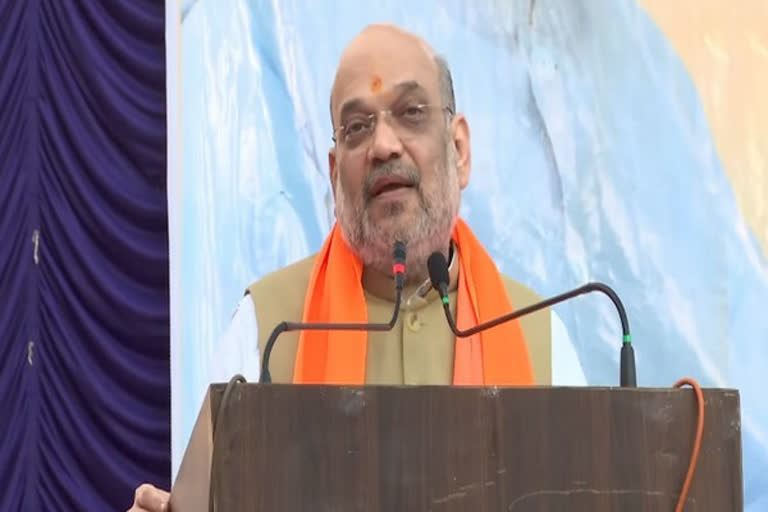New Delhi: Union Home Minister Amit Shah Friday asked all states to use the data collated by the National Crime Records Bureau (NCRB) for preparing their annual crime control strategy. He also said the NCRB data should help reduce the crime rate in the country by 20 per cent in next five years if it is made available to the right people at the right time, is kept in proper format and if a system is adopted for its proper analysis and management.
"The NCRB data should be used by all states for preparing their annual strategy for crime control. It should be used in a multi-dimensional and multi-purpose way in crime control," he said, addressing the 37th foundation day of the NCRB here. The home minister said analysis of the NCRB data should be made in all states, at DGP headquarters, district SP offices, police stations. The data should not be limited only to the IPS officers. Unless, the NCRB data reach the police station level, it is not going to help anyone, he said.
"Only data can have no results. There should be awareness about the data, analysis of the data and its utilisation. The NCRB director should have meetings with DGPs of all states, analyse the data and work on how to implement them (the result of the analysis). Then only there will be 100 per cent usefulness of the data," he said. Shah, however, said the NCRB data is classified only under various sections of the Indian Penal Code and not on the basis of social issues.
Also read:11 per cent jump in cyber crime in 2020, NCRB data in Home Panel report
Apart from looking through the IPC sections, there should be social angles too. Why crimes increased in draught hit areas or why many farmers engaged in disputes, leading to injuries and even deaths in some cases. "If we see the data only through the lens of IPC sections, there can be no solutions to the problems of crimes. There should be proper analysis of the data patterns by the NCRB and BPR&D (Bureau of Police Research and Development) so that these analysis can be utilised by the states by intervening on societal issues," he said.
